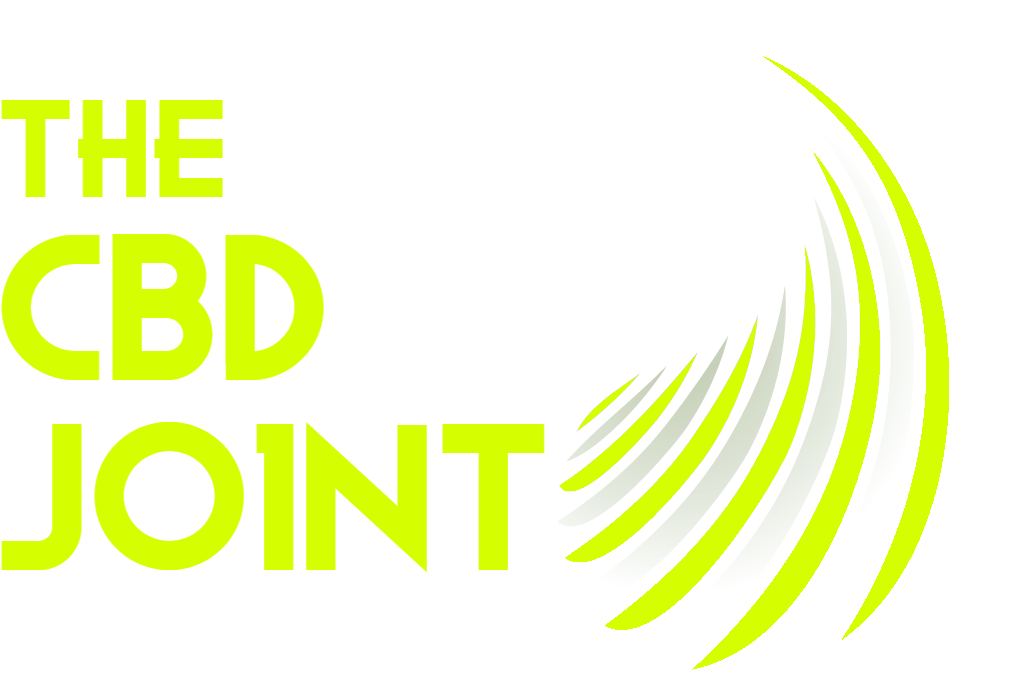Cannabidiol (CBD) is a naturally occurring compound found in the hemp plant. It belongs to a class of compounds known as cannabinoids, which interact with the body’s endocannabinoid system to produce various effects. CBD is non-psychoactive, meaning it does not produce the “high” associated with marijuana use. Instead, it is believed to provide a variety of potential therapeutic benefits, such as reducing anxiety and depression, relieving pain and inflammation, and improving sleep. CBD can be consumed in various forms, including oils, capsules, topicals, and edibles.
Cannabidiol (CBD) is one of the many active compounds found in the cannabis plant. However, unlike THC (tetrahydrocannabinol), the psychoactive compound in cannabis that produces a “high”, CBD is non-psychoactive and does not produce any intoxicating effects.
CBD works by interacting with the body’s endocannabinoid system, a complex network of receptors and signaling molecules that helps regulate various physiological processes, such as mood, pain sensation, appetite, and immune function. By interacting with these receptors, CBD may help to modulate the body’s response to stress, pain, and inflammation, among other things.
Some potential therapeutic benefits of CBD include:
-
Reducing anxiety and depression: CBD may help to reduce anxiety and depression symptoms by interacting with serotonin receptors in the brain and promoting the release of feel-good neurotransmitters like serotonin and dopamine.
-
Relieving pain and inflammation: CBD may help to reduce pain and inflammation by interacting with cannabinoid receptors in the nervous system and immune system.
-
Improving sleep: CBD may help to improve sleep quality by reducing anxiety and promoting relaxation.
-
Other potential benefits: CBD has also been studied for its potential benefits in treating a range of other conditions, including epilepsy, neurodegenerative diseases, and acne.
CBD can be consumed in a variety of forms, including oils, capsules, topicals, and edibles. CBD oil is one of the most popular forms of CBD, as it is easy to use and can be absorbed quickly by the body. It is typically made by extracting CBD from the hemp plant using a solvent such as CO2, and then diluting it with a carrier oil such as hemp seed oil or coconut oil. CBD oil can be taken orally, sublingually (under the tongue), or applied topically to the skin.
Overall, CBD is a non-psychoactive compound that may provide a range of potential therapeutic benefits, particularly for conditions related to pain, inflammation, anxiety, and sleep. However, more research is needed to fully understand the effects of CBD and its potential long-term effects.
